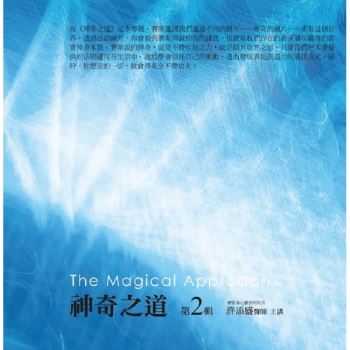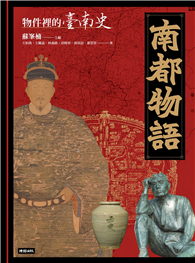The book examines the influence of context in which elections in contemporary India take place. It explores the interplay of elements of democracy and governance in electioneering--a process of the conglomeration of everything related to the election, including campaigns, approach of political parties, approach of election commission, code of conduct, election manifestos, voting and--message-design of electoral communication in India.
The volume:
- Is founded on a variety of conceptual approaches: political economy approach, public sphere approach, community and context approach, federalism approach, institutional approach, and cultural approach.
- Draws on qualitative and quantitative analysis of rigorous field data.
- Underscores the contexts, contours, and cultures of elections in India;
- Analyses the ’narratives’ inherent in electoral campaigns and electoral marketing;
- Studies complex, overlapping and multidimensional ways elections can be studied;
- Explicates the goal of electioneering in contemporary India--whether it is an ’institution-driven’ or an ’actor-driven’ process.
The volume will be essential reading for students, teachers and researchers of Indian politics and South Asian studies.












